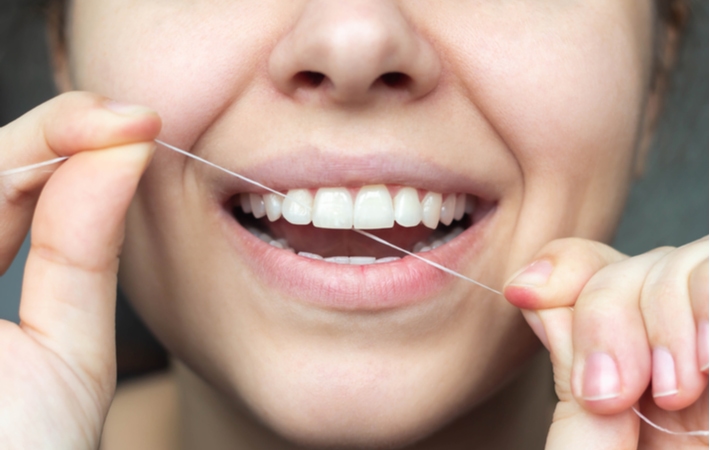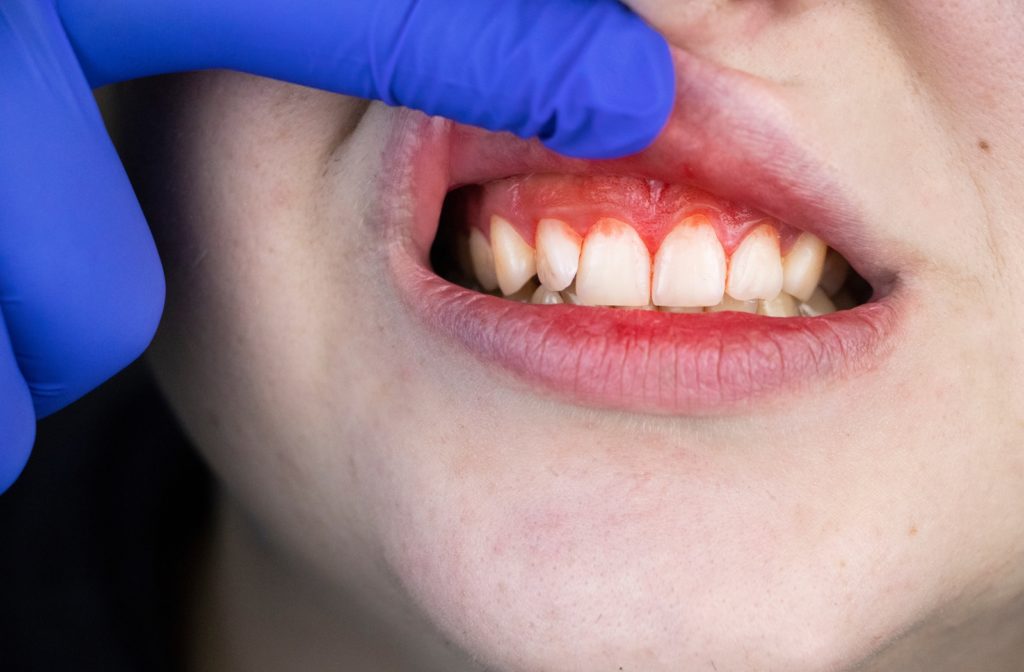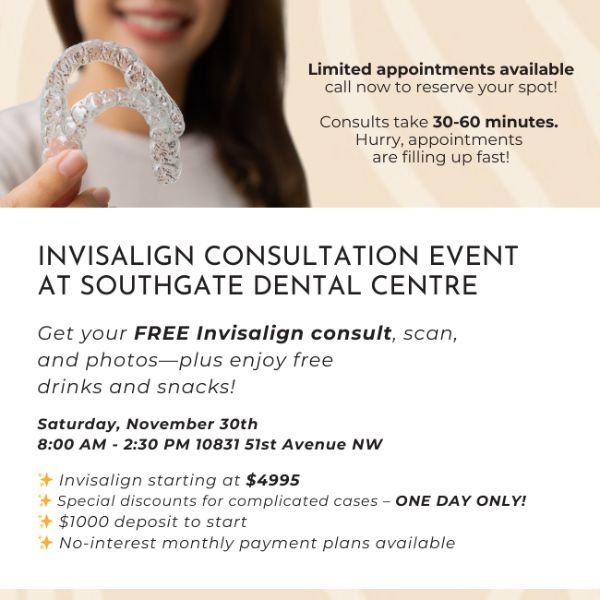Have you ever experienced bleeding from your mouth? There are several reasons this may occur, but most of the time it’s considered dental bleeding. Sudden or serious bleeding could constitute a dental emergency, and it’s best to see a dentist right away.
To stop dental bleeding, apply firm pressure with clean, moist gauze for about 20 minutes, use a cold compress to slow blood flow, rinse with saltwater to disinfect, and avoid alcohol or smoking while the area heals. If bleeding continues, contact your dentist immediately.
Schedule an appointment with your dentist if bleeding persists after following these steps.
Key Takeaways
- Apply firm pressure with clean, moist gauze directly on the bleeding area for 20 minutes.
- Use a cold compress to reduce swelling and slow blood flow.
- Rinse gently with saltwater or hydrogen peroxide to disinfect and soothe gums.
- Avoid alcohol and smoking while healing, as they slow clotting.
- See your dentist if bleeding persists after home care.
What is Dental Bleeding?
Dental bleeding is bleeding coming from the gums, tooth sockets, tongue or lips. Dental bleeding can be an indication that something is wrong inside your mouth. But it is also a natural part of the recovery process for many dental procedures.
A split lip can result from impact or other conditions, and a bleeding tongue is often due to a laceration. Let’s focus on blood in the mouth coming from your gums or tooth sockets; why this occurs and what to do to manage the bleeding yourself.
Causes of Dental Bleeding
Your mouth might be bleeding for several reasons, but there are some common causes of dental bleeding. Thankfully, there are solutions for slowing the bleeding and there are always dental professionals who can help when it just won’t stop.
Gum Disease
Bleeding gums are the most common symptom of gum disease. Gums that bleed after brushing could indicate you are brushing incorrectly, often too hard or not enough. Gums that bleed after flossing might indicate you need to be flossing more. If your gums are bleeding consistently and in between tooth brushing, you might have a dental condition to address.
Frequently bleeding gums could be due to:
- Gingivitis (reversible form of gum disease)
- periodontitis (an advanced form of gum disease)
- leukemia (cancer of the blood)
- vitamin deficiency (especially vitamin C)
- lack of clotting cells (platelets)
If your gums are bleeding all the time and healthy oral habits do not remedy the bleeding, it’s time to visit your dentist for a professional assessment.
Trauma
Physical impact in or around your mouth can cause dental trauma and dental emergencies. Dental trauma includes all injuries to the mouth, including teeth, lips, gums, tongue, and jawbones. Sports injuries, vehicular collisions, and personal accidents (like falling) are among the most common causes of dental trauma.
Dental bleeding may result directly from impact or lacerations caused by damaged teeth. Bleeding can occur from any of the following outcomes following an accident:
- Chipped tooth
- Tooth fractures, including root fractures, enamel fractures, etc.
- Tooth knocked loose (subluxation)
- Tooth jammed into the socket (intrusion)
- Tooth knocked out (avulsion)
- Fracture of the tooth socket wall
- Jaw fracture
- Lacerations of the lips
- Lacerations of the gums
- Lacerations of the tongue
Dental Surgery
Even a scheduled and prepared procedure can result in dental bleeding afterwards. It is very normal to experience bleeding after undergoing dental surgery. When the gum or a tooth is operated on, it’s important to expect bleeding for a time following the surgery and not to panic.
The following dental procedures commonly produce bleeding afterwards:
- Wisdom tooth extraction
- Emergency tooth extraction
- Dental implant surgery
- Deep cleaning and scaling
- Gum surgery

How to Stop the Bleeding
There are some effective ways to slow down bleeding at home following dental surgery or an accident. And there are some methods to try and prevent your gums from bleeding all the time. Certain lifestyle choices can also reduce dental bleeding and quell the flow.
Slow Down Bleeding Gums
The first step in preventing bleeding gums is practicing good oral hygiene. This means brushing correctly twice a day and flossing every day, as per Canadian Dental Association guidelines. It also means visiting your dentist twice a year for check-ups and cleanings.
These techniques can help slow down constantly bleeding gums:
- Increase consumption of vitamin C and vitamin K, with foods like oranges, carrots, spinach, and kale.
- Rinse your mouth with hydrogen peroxide or saltwater to disinfect your mouth and manage inflammation.
- Apply a cold compress to the gum line to reduce blood flow and swelling. Use a cold cloth or ice pack and apply pressure for 20 minutes on/20 minutes off throughout the day.
If the bleeding persists, it’s advised to return to your dentist for further evaluation.
After Wisdom Tooth Extraction
Wisdom tooth extraction is a procedure that many people get in their lifetime. Despite usually being a predictable, safe surgery, tooth extraction of any kind will often produce significant bleeding in the hours and days after an extraction.
Eventually, the bleeding should stop if you are following your dentist’s recommendations for recovery. Prolonged postoperative bleeding several days after surgery requires a follow-up appointment with your dentist. It takes some patience and commitment, but you should see a reduced blood flow by following these guidelines:
- Place a pad of folded, moist gauze directly over the surgery site, moist gauze is less likely to disturb the blog clot upon removal. For wisdom tooth removal, this is at the very back of the mouth. Apply constant firm pressure for at least 20 minutes.
- During periods of bleeding don’t change the gauze more than every 20 – 40 minutes. Once you can only see pink staining on the gauze pad, you can stop the process.
- Remove gauze when you are eating, drinking, or sleeping. If bleeding persists at a later time, reapply gauze with pressure and contact your dentist.
Other Factors Affecting Dental Bleeding
Drinking alcohol during the recovery process can slow blood clotting in 2 ways. First, it can disrupt the actual clots forming at the site of surgery, meaning that bleeding will take longer to slow down. Secondly, alcohol is a natural blood thinner that makes it harder for your body to clot blood and slow down the bleeding.
Smoking tobacco, whether cigarettes, cigars, or vapes, will also make it more difficult to stop dental bleeding, the suction effect of inhaling can actually pull out the blood clot. The chemicals in tobacco can lead to infection where teeth have been removed and have shown to be a cause of serious gum disease. So avoid drinking and smoking, at least immediately, after dental surgery or dental trauma.
Slow the Flow & Recover Quickly
We can’t help needing our wisdom teeth removed and don’t ever plan on a dental accident. But treating your dental bleeding with the right steps at home can help you recover quicker. Use gauze and cold compresses to diminish bleeding from the gums or tooth socket. And keep up good oral hygiene and healthy habits to make your recovery quicker. Dental bleeding should slow down as the hours and days pass by after a dental procedure. But don’t be afraid to consult your dentist when bleeding in your mouth just won’t seem to stop.
Visit Southgate Dental Centre in South Edmonton for trusted dental care.



